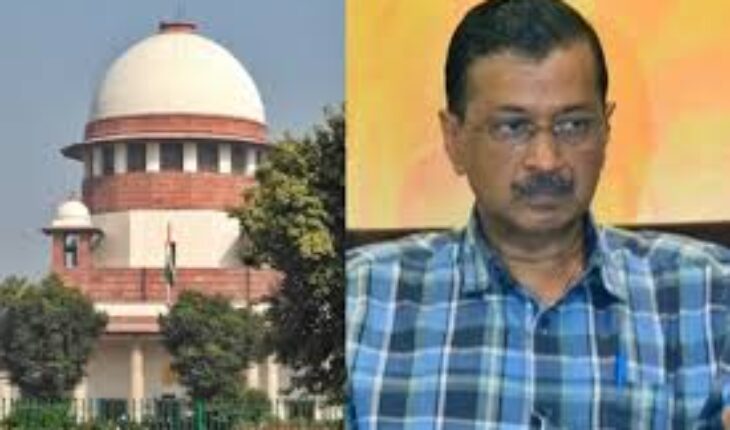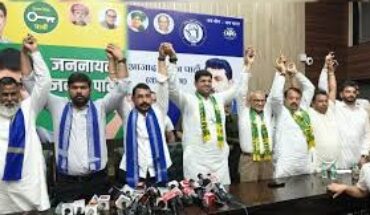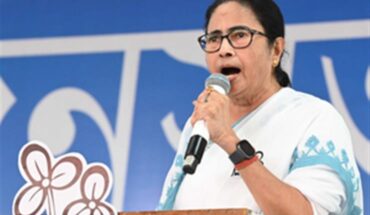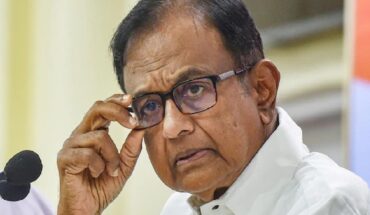Supreme Court reserved its order
New Delhi : The Supreme Court has reserved its order on Chief Minister Arvind Kejriwal’s pleas seeking bail and challenging the Delhi High Court’s ruling that upheld his arrest by the CBI in connection with the alleged excise policy scam. After hearing arguments from both sides, a bench comprising Justices Surya Kant and Ujjal Bhuyan reserved the verdict.
During the hearing, Additional Solicitor General SV Raju, representing the CBI, raised objections to Kejriwal bypassing the trial court and directly approaching the Delhi High Court for bail. Raju argued that such an approach is usually reserved for exceptional cases, and Kejriwal should have first sought bail from the sessions court. He implied that Kejriwal’s status as a prominent political figure might have influenced the legal process. Raju further warned that granting Kejriwal bail could risk witnesses turning hostile.
In response, senior advocate Abhishek Manu Singhvi, representing Kejriwal, pointed out that the Supreme Court had previously granted Kejriwal bail twice: once in May to campaign for elections and a second time with interim bail in a case filed by the Enforcement Directorate (ED) linked to the excise policy. Singhvi noted that Kejriwal’s arrest by the CBI on June 26 occurred despite no arrests being made for two years, calling it an “insurance arrest.”
Singhvi further argued that Kejriwal posed no threat to society, emphasizing that he was not a hardened criminal. The Supreme Court is currently deliberating on his plea against the arrest as well as a separate plea for bail. On August 5, the Delhi High Court upheld Kejriwal’s arrest, stating that the CBI had collected sufficient evidence before proceeding. The court found no malice in the CBI’s actions and noted that Kejriwal’s influence over witnesses only became apparent following his arrest.
The High Court emphasized that Kejriwal, a recipient of the Magsaysay Award and the convenor of the Aam Aadmi Party, was not an ordinary citizen, and his influence over witnesses was evident. Kejriwal was initially arrested by the Enforcement Directorate in March 2024 in connection with a money laundering case linked to alleged irregularities in the now-cancelled Delhi excise policy for 2021-22. He was later arrested by the CBI on June 26, 2024, while in ED custody.





